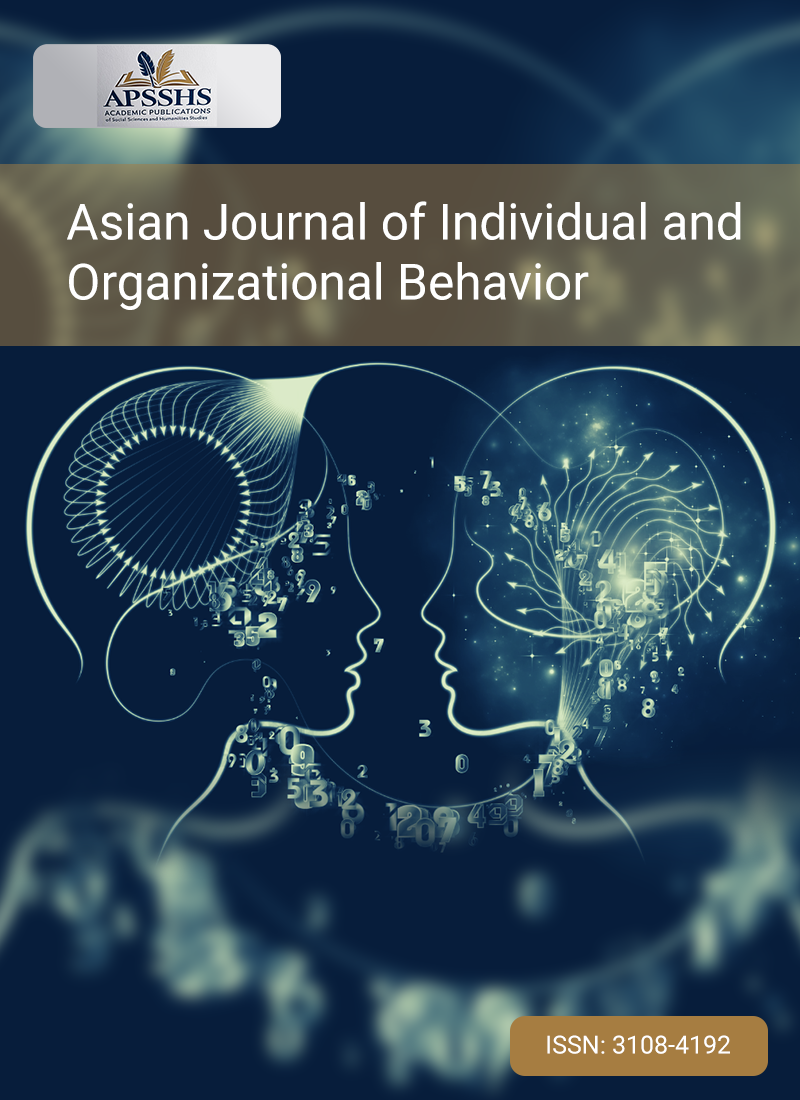
Psychosomatic pain, often triggered by negative emotions such as fear and trauma, can profoundly affect both psychological and physical well-being. These emotions, whether negative or positive, can form pathological neural networks (PPNs) in the subconscious mind, reinforcing psychosomatic pain. Traditional therapeutic approaches such as cognitive behavioral therapy (CBT), extinction learning, regression hypnotherapy, and classical hypnosis have been commonly used to treat psychosomatic pain, often in combination with medication. While these methods can bring a sense of calm, they do not necessarily eradicate the underlying pain or emotions, and triggers may still activate the symptoms. To effectively eliminate psychosomatic pain and negative emotions, it is necessary to go beyond the state of relaxation achieved with conventional treatments and reach a state of “absolute nothingness.” Mindchat therapy, a form of de-hypnosis, facilitates this by reshaping the neuropathology and dissolving the neural networks of harmful pathological, providing a more complete solution to psychosomatic pain and emotional distress. This article examines the neuropsychological link between negative emotions, PPNs, and psychosomatic pain, proposing de-hypnosis as an effective alternative.